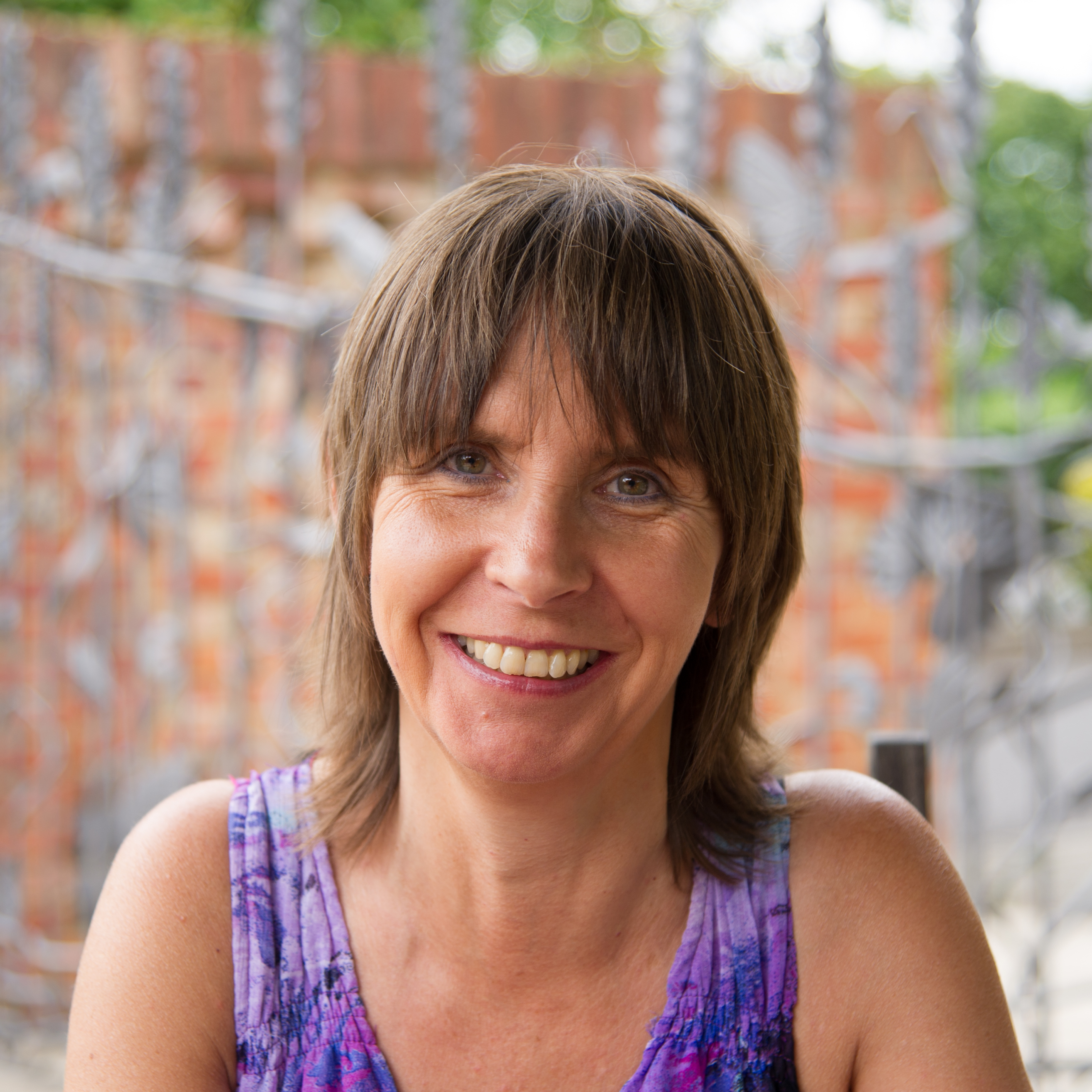When we are relaxed change and rational thinking are accessible. Until this time, they are at best unreliable.
Yoga nidra helps settle a restless mind. It supports sleep, reduces anxiety, and promotes deep relaxation. The mind is positively occupied as it follows the directions around the body and senses making it less likely to drift. You will receive the benefit even if you fall asleep!
Yoga nidra can be practiced as part of a class or on its own. It brings relaxation which is far greater than the time practiced.
Including Yoga nidra at the end of our physical practice supports integration and alignment of the physical and nonphysical bodies/kosha – the energy, mental/emotional, wisdom, and bliss bodies – making it a great support to our healing practice.







